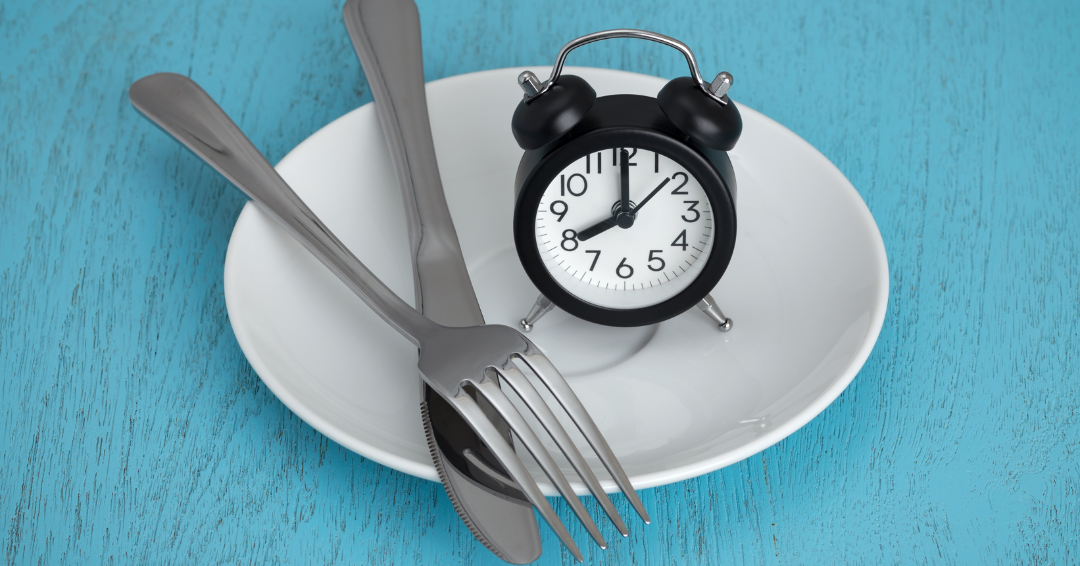Why do we need to fast before a blood test?
It’s common for your medical provider to ask you to fast for about 8–12 hours before a blood test. But why is that necessary? Fasting helps ensure that your test results are accurate. Some tests, such as the fasting blood glucose test, specifically require fasting to provide meaningful results.
When you eat, your body breaks down food into nutrients like glucose, cholesterol, and triglycerides, which then enter the bloodstream. When these nutrient levels are temporarily elevated, it can lead to:
- Misleading blood test results, such as falsely high glucose or cholesterol levels.
- Inaccurate diagnoses, which may result in patients having to repeat the test, wasting both time and money.
Fasting ensures a baseline state, so that test results reflect your normal health status rather than temporary post-meal fluctuations.
It’s important to note that fasting doesn’t mean you must avoid all intake, you can still drink plain water during the fasting period. However, you should avoid chewing gum, eating candy, or smoking before the test.
Examples of tests that usually require fasting:
1. Fasting Blood Glucose: To check for diabetes or prediabetes.
2. Lipid Profile: To measure cholesterol and triglyceride levels.
3. Basic Metabolic Panel (sometimes): For kidney function and electrolyte balance.
4. Liver Function Test (sometimes): Because food intake can impact enzyme levels.
A common question patients ask is whether they can continue taking their medication during the fasting period. The answer is yes, you should continue taking your prescribed and/or over-the-counter medication unless your healthcare provider specifically advises you not to.


